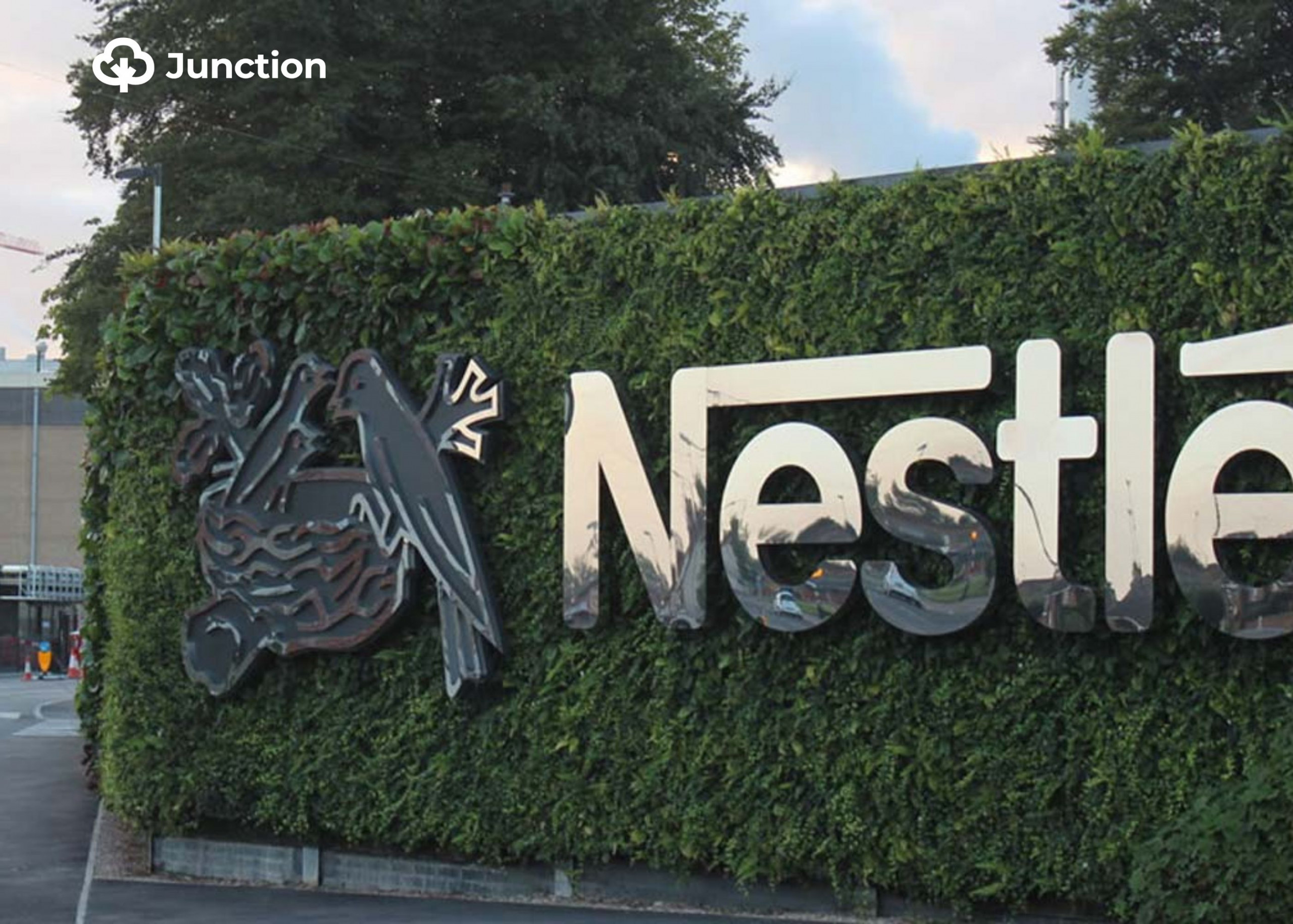News in brief:
– AGRA, Nestlé Nigeria, and TechnoServe launch $1 million climate-smart farming initiative to support 25,000 smallholder farmers with regenerative practices and market access.
– The three-year project aims to improve rural livelihoods by boosting crop yields, restoring soil health, and enabling farmers to earn more through structured, premium-value markets.
In a major boost for Nigeria’s agriculture and rural livelihoods, AGRA, Nestlé Nigeria, and TechnoServe have launched the Strengthening Farmers’ and SMEs’ Resilience through Climate Smart Grain Production and Accessing the Structured Markets (StreFaS) initiative.
The $1 million, three-year programme will run from June 2024 to October 2027, targeting 25,000 smallholder farmers and eight aggregators across Kaduna and Nasarawa States.
The initiative is designed to improve the sustainable production of maize, soybean, rice, and sorghum by introducing regenerative agricultural practices that restore soil health, cut greenhouse gas emissions, and boost biodiversity. A strong focus is also placed on youth and women’s inclusion, helping to strengthen economic resilience in vulnerable rural communities.
By linking smallholder farmers to structured markets, such as Nestlé’s supply chain, the programme allows farmers to earn premium prices for climate-smart produce, offering a real opportunity to improve incomes and living standards.
At the launch event in Zaria, TechnoServe Nigeria’s Country Director, Mrs. Adesuwa Akinboro, described the project as a transformative step in preparing farmers to face the challenges of climate change.
Nestlé Nigeria CEO, Mr. Wassim Elhusseini, reaffirmed the company’s goal to source 50% of key ingredients globally through regenerative farming by 2030.
Kaduna State Commissioner for Agriculture, Honourable Murtala Muhammad Dabo, praised the collaboration and urged stakeholders to keep empowering farmers and strengthening food security.
With over 1,853 hectares already dedicated to regenerative practices and extensive training and market access support in place, the project promises a tangible impact on Nigerian livelihoods—transforming not just how food is grown, but how farming families thrive amid a changing climate.
To measure the success of the StreFaS initiative, key metrics should focus on both agronomic outcomes and socio-economic impact.
There should be a comparison between baseline yields and yields under climate-smart practices for maize, soybean, rice, and sorghum periodically. Soil organic carbon levels, erosion rates, and biodiversity indicators should also be monitored.
There should also be an increase in the average income of benefitting farmers from climate-smart produce compared to conventional farming income.



